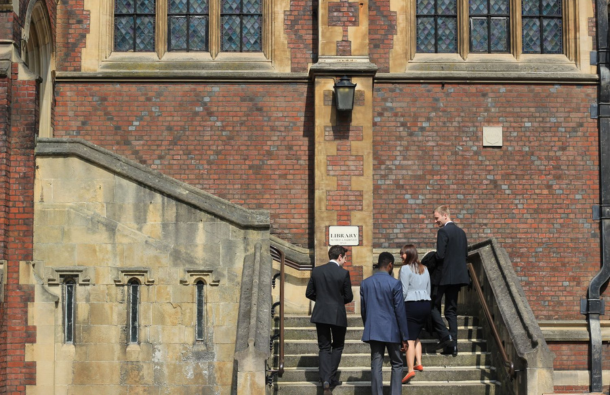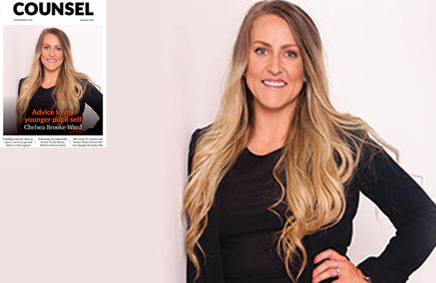First six
This is your non-practising period, which usually lasts for 6 months. You’ll be shadowing a barrister in chambers and will be assessed against key competencies set by the Bar Standards Board (BSB), the Bar’s regulator which sets the education and training requirements for becoming a barrister.
Second six
This is when you enter your practising period, which also usually lasts for 6 months. You’ll apply for a provisional practising certificate and can now take on your own work. You’ll be assessed again and be expected to fulfil a second criterion. Once passed, you’ll apply for a practising certificate and then apply for a tenancy in chambers and become a self-employed barrister or you can apply for a position in an organisation as an employed barrister. If you did pupillage at the employed Bar, you can then apply for a permanent position.
Pupillage funding awards
The minimum funding award for pupillage is currently:
- £24,203 for 12-month pupillages in London
- £22,019 per annum for pupillages outside London
However, pupillage awards vary significantly depending on the area of practice, so it's worth doing your research. For example, our 2024 Pupillage Gateway report found that the average (mean) awards by practice area were:
- Chancery – £74,000
- Commercial – £74,000
- Crime – £31,000
- Family – £28,000
- General civil – £56,000
- Mixed – £37,000
Each AETO will include the pupillage award in their advert on the Pupillage Gateway.
Probationary tenancy
If you don’t gain tenancy in the chambers where you completed your pupillage, you can apply for a probationary tenancy (commonly known as third six pupillage), or a fixed-term period of practice at another set.
Check out our probationary tenancies page that features current advertisements from Authorised and Education Training Organisations (AETOs) who are seeking to recruit pupils for probationary tenancy.
Look for probationary tenancy vacancies
Pupil survey
Our annual survey tells us about pupils’ experiences and helps us identify the areas where support and solutions are needed.
Keep reading:








